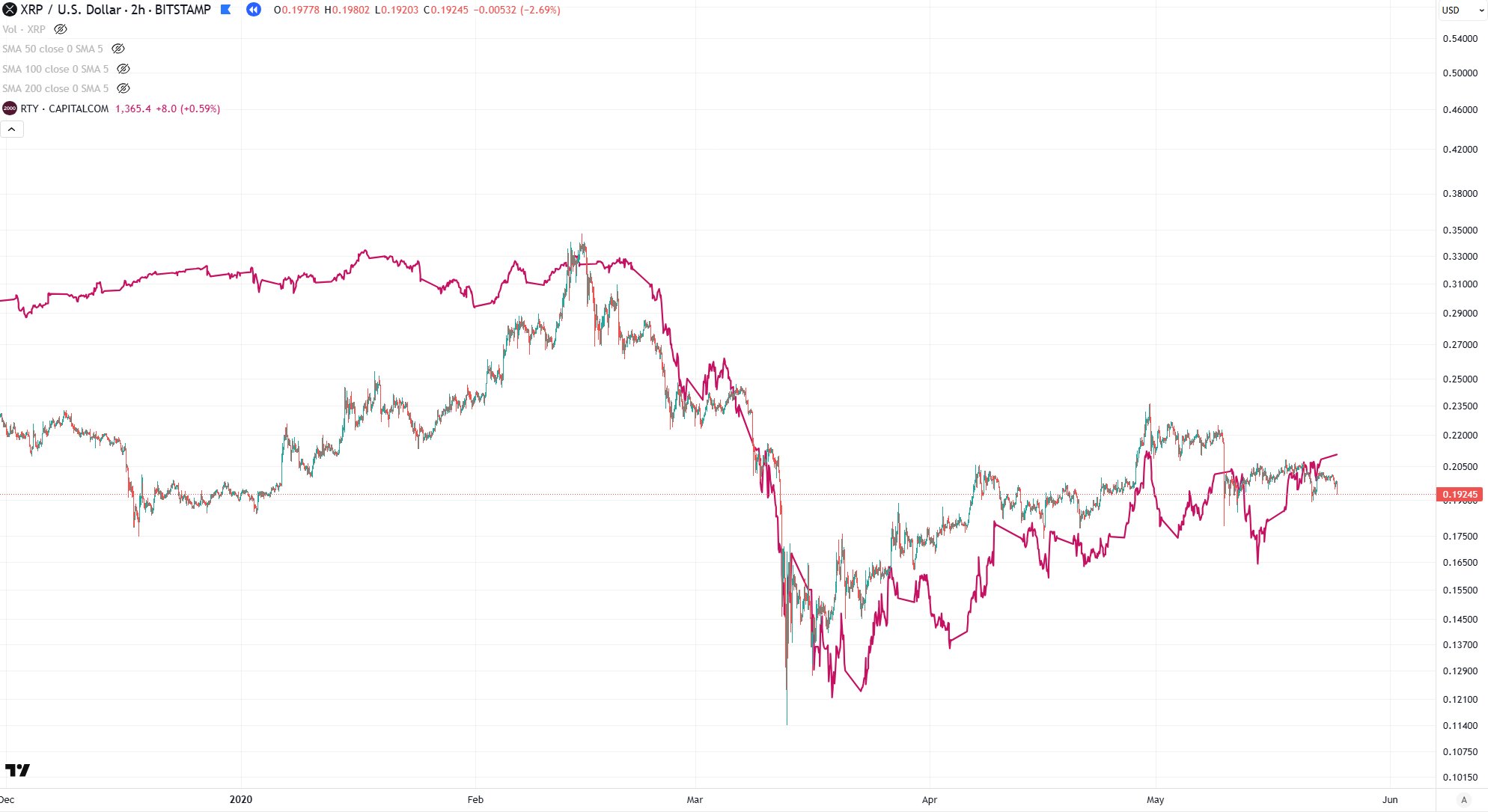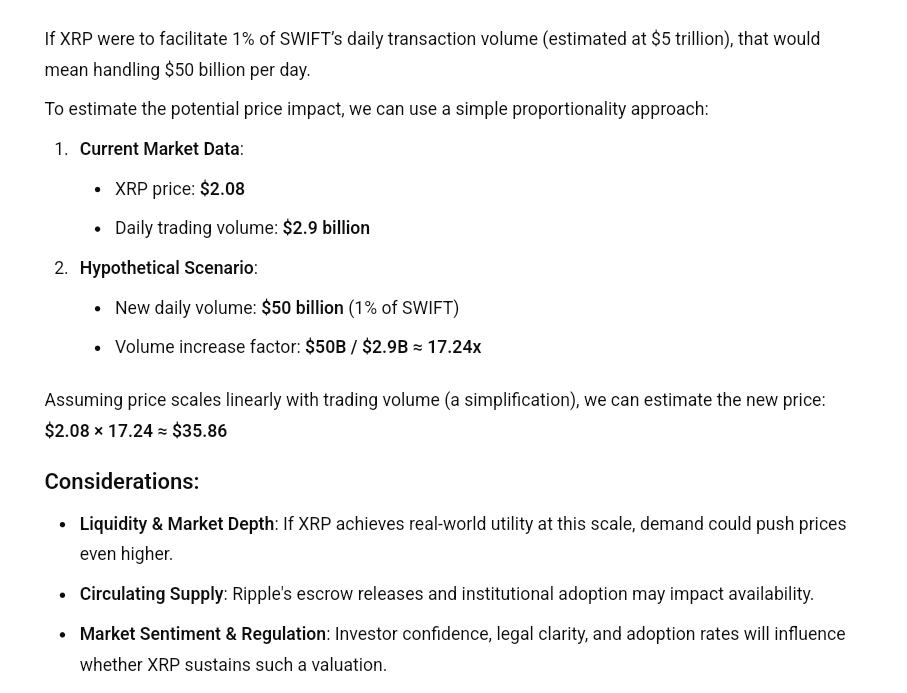Bitcoin Outlook as JPMorgan Warns of 60% Recession Risk Amid $3T Market Crash
Favorite

Share

Scan with WeChat
Share with Friends or Moments
Bitcoin could emerge as a potential haven as JPMorgan raises the probability of a global recession to 60%.
The bank's
bleak forecast
follows the impact of the latest tariff announcement under President Donald Trump. The announcement on Wednesday wiped out $3 trillion from U.S. equities in a single day, with investors bracing for heightened economic uncertainty. This has sparked discussions about Bitcoin’s role in a shifting financial landscape.
Tariff Shock Sparks Economic Concerns
JPMorgan’s latest forecast warns that the U.S. economy, burdened by Trump’s aggressive tariff policies, could drag the world into recession. The investment bank estimates that the tariffs will impose a $700 billion burden on U.S. consumers, effectively acting as a major tax hike.
In particular, JPMorgan points out that this year’s tariff increase of about 22 percentage points would mark the largest U.S. tax hike since 1968.
Notably, historical parallels are concerning. The Smoot-Hawley Tariff Act of 1930, which raised duties on over 20,000 imports, is widely believed to have exacerbated the Great Depression. JPMorgan argues that today’s tariffs could have an even greater impact, given the modern interconnected nature of global supply chains.
The stock market’s reaction has been severe. As fear grips investors, equities suffered their worst single-day loss since the COVID-19 crash, with $3 trillion in value erased. The crash continued on Friday, with
another $1.5 trillion lost at the market’s open.
While traditional assets face volatility, Bitcoin has also exhibited notable price fluctuations.
Bitcoin Role in Uncertain Times
During
Wednesday's stock market crash
, Bitcoin’s price dropped to $81K but has since recovered to above $83K. The opening hours of the stock market briefly impacted Bitcoin’s recovery, with a retest of the $81K level, but it has since rebounded.
Interestingly, while the stock market crashed, gold hit an all-time high. Investors are now weighing whether Bitcoin, often called “digital gold,” could also benefit from capital flight away from traditional markets.
Previous economic crises have driven Bitcoin adoption. During the 2020 market crash, Bitcoin initially dipped alongside stocks but later surged as inflation concerns grew.
Now, with the risk of a recession rising and economic policies becoming more protectionist, crypto markets may receive increased attention.
But BTC Dips Alongside the Stock Market
Meanwhile, some investors have questioned Bitcoin’s role if it also experiences volatility alongside the stock market. Dave Portnoy, owner of DDTG Global, raised this concern in a tweet.
The tweet went viral, racking up 5 million views. Industry leaders like Michael Saylor
responded
, explaining that Bitcoin only behaves like a risk asset in the short term because it is the most liquid, tradable, 24/7 asset on Earth.
In moments of panic, traders sell what they can, not necessarily what they want. This doesn’t imply long-term correlation but means Bitcoin is always accessible.
https://twitter.com/saylor/status/1907973435478732990
Disclaimer: This article is copyrighted by the original author and does not represent MyToken’s views and positions. If you have any questions regarding content or copyright, please contact us.(www.mytokencap.com)contact
About MyToken:https://www.mytokencap.com/aboutusArticle Link:https://www.mytokencap.com/news/498302.html
Next:晚间SOL 114的多单成功拉升
Related Reading



XRP Dodges $0.50 as Data Reveals It Trades at a 300% Premium, Showing More Resilience Than Its Historical Performance
Market data indicates that XRP is currently showing more resilience than its historical performance,...

Here’s How Much XRP Could Skyrocket If It Handles 1% of SWIFT’s Daily Volume
XRP price could rise to greater heights if the asset complements SWIFT by handling just 1% of the gl...

US SEC Concludes that Most Stablecoins Are Not Securities
The US SEC has confirmed that most stablecoins are not securities as bills seeking clear regulation ...

